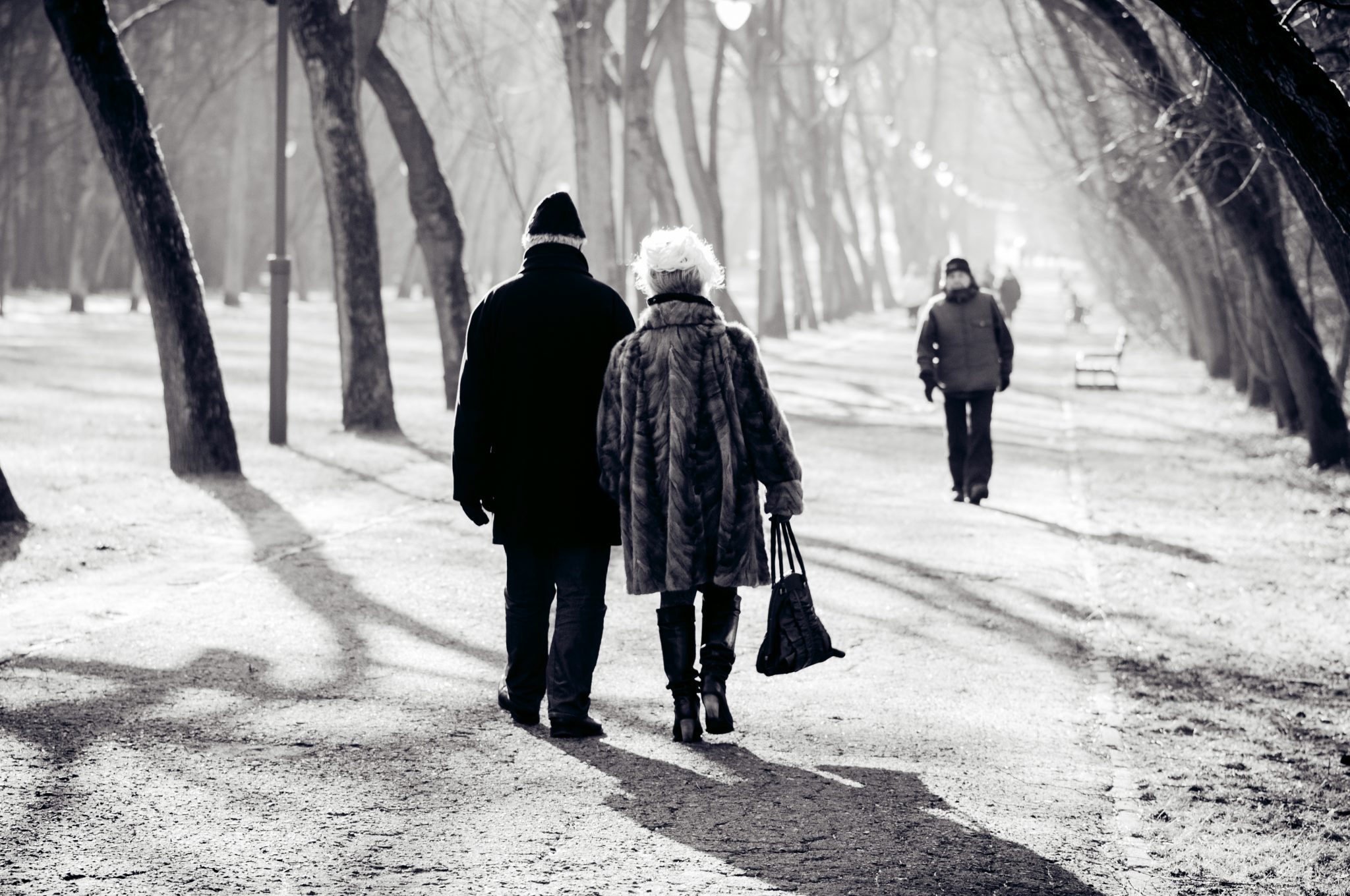Winter Safety Guide for Seniors
Winter is a season full of joy, excitement and holidays, but is also a challenging season for our seniors, especially those living alone and far away from relatives.
Even with the cold and the show, this season is still an amazing one at any age and it shouldn’t hinder our good mood. Enjoying it at the fullest is all everyone wants, so we gathered a safety guide for those who are older and must take a little more care during the cold months of winter.
1. Avoid slippery ice must be avoided
Kids love a patch of ice to play on, but this patch of ice on the driveway or on the sidewalk is not a friend to older people. As a senior, a slip and a fall on hard concrete can bring bruises, joint injuries or even broken bones. The worst the injury, the harder it is to heal without complications for a senior.
Make sure to wear shoes with good traction and non-skid soles, and stay inside until the roads are clear. Replace a worn cane tip to making walking easier. Be careful with wet shoes indoors, because they can be slippery on smooth surfaces.
2. Choose warm clothes when going outside
According to the CDC, more than half of hypothermia-related deaths were of people over the age of 65. Don’t let the inside temperature dip to low, especially in the rooms you are spending most of the time.
When going outside, put on a hat, scarf and gloves, a warm coat and shoes with non-skid soles. If you plan to spend an extended period of time outside, make sure you have a phone on you so you can call for help in case of an emergency. Having a panic button app like the Red Panic Button can send a distress message in an instant and tell your emergency contact list that you need urgent assistance.
3. Avoid wintertime depression
Because of the cold weather, many older people choose to stay longer periods indoors and limit their social interactions. Less socializing coupled with low sunlight can increase feelings of loneliness and depressions in all of us, especially seniors. To help avoid these issues, family members can check in on seniors as often as possible. Also, friends and neighbors can be very helpful in this situation.
4. Be ready for unexpected situations like power or water outages
Have a well stocked fridge, a full pantry and enough water to last through a winter storm, can keep anyone in the safety of their house through the worst part of it. Avoid going outside when a storm is announced, or even invite other senior friends over, can keep all of you entertained and safely inside.
5. Prevent smoke or carbon dioxide intoxication
Having a smoke detector installed can help a lot. Also, cleaning the fireplace and making sure it works properly is mandatory for those who heath the living area from the a fireplace.
Lastly, don’t hesitate to ask for help. Wintertime certainly poses challenges for seniors, but with a bit of planning and awareness, you will stay healthy and experience the joys of springtime soon enough.
